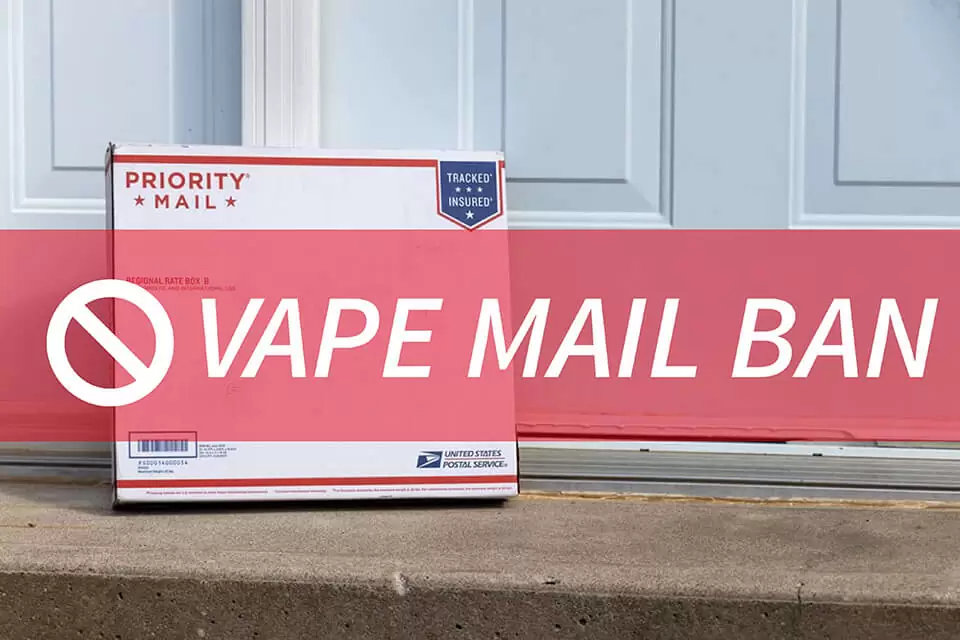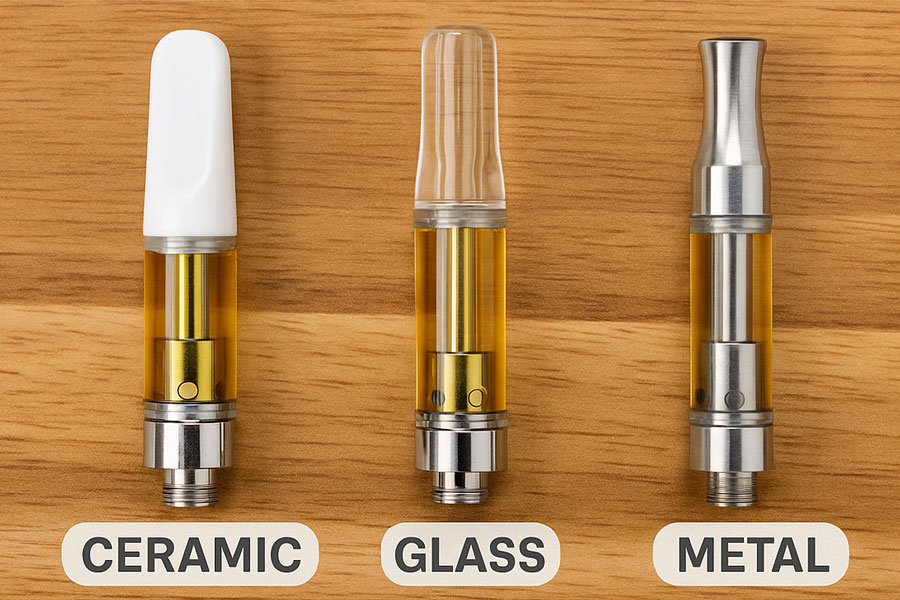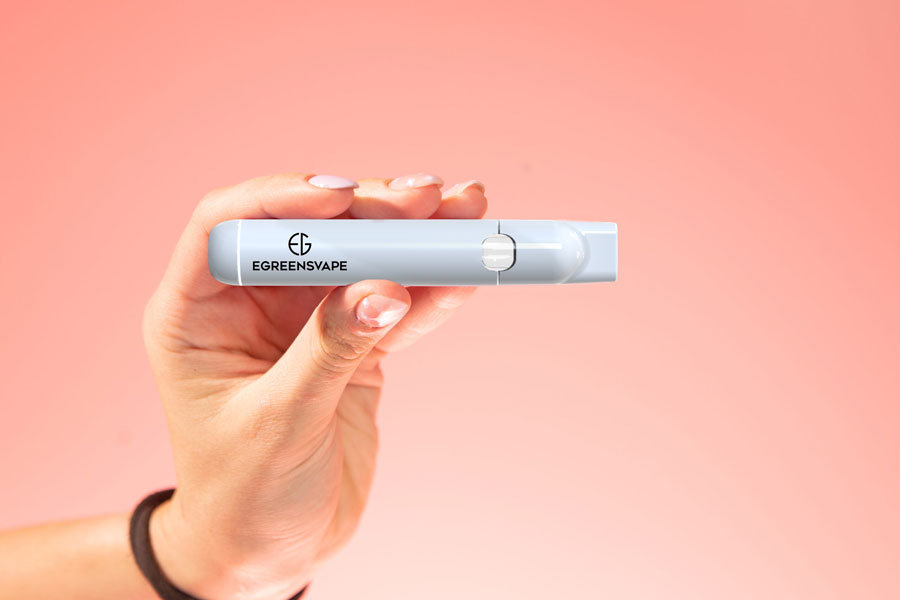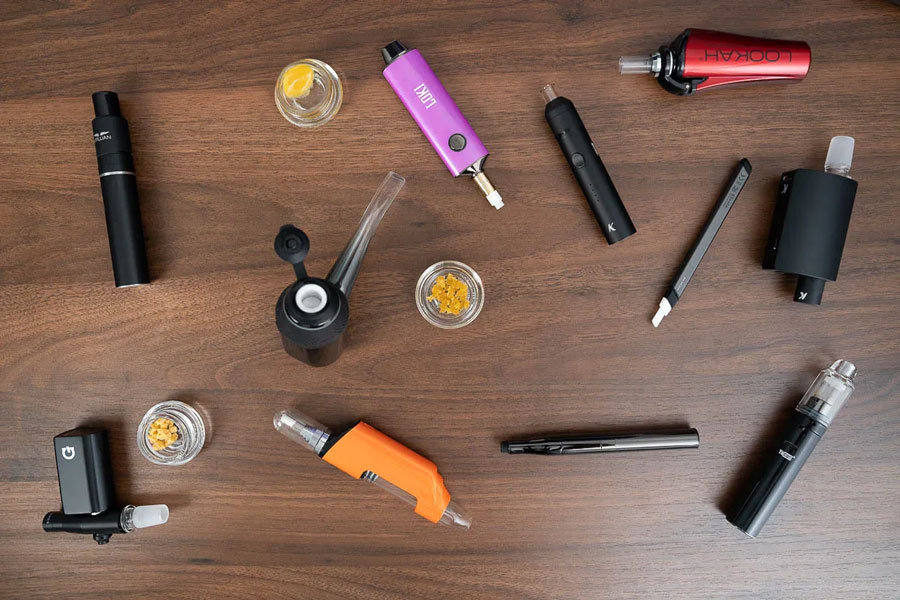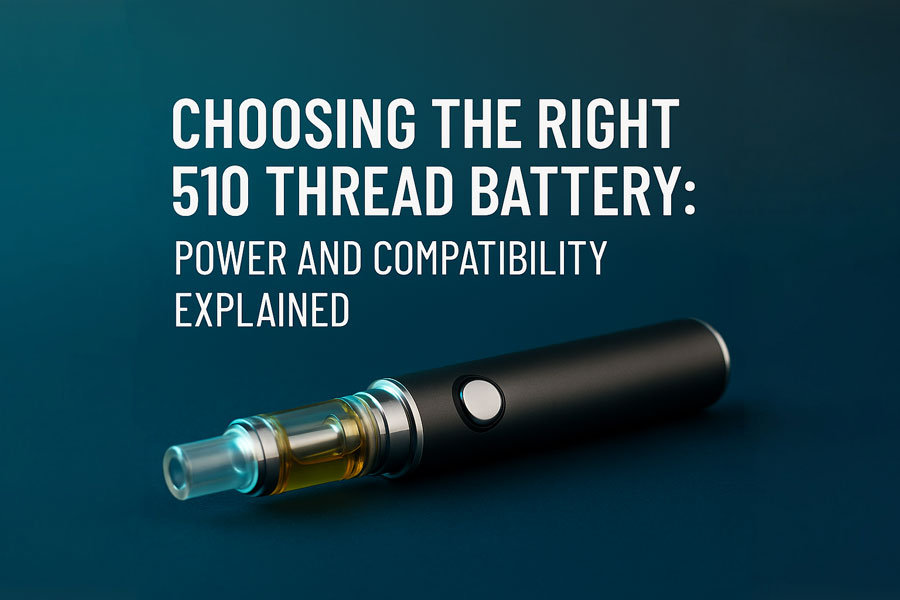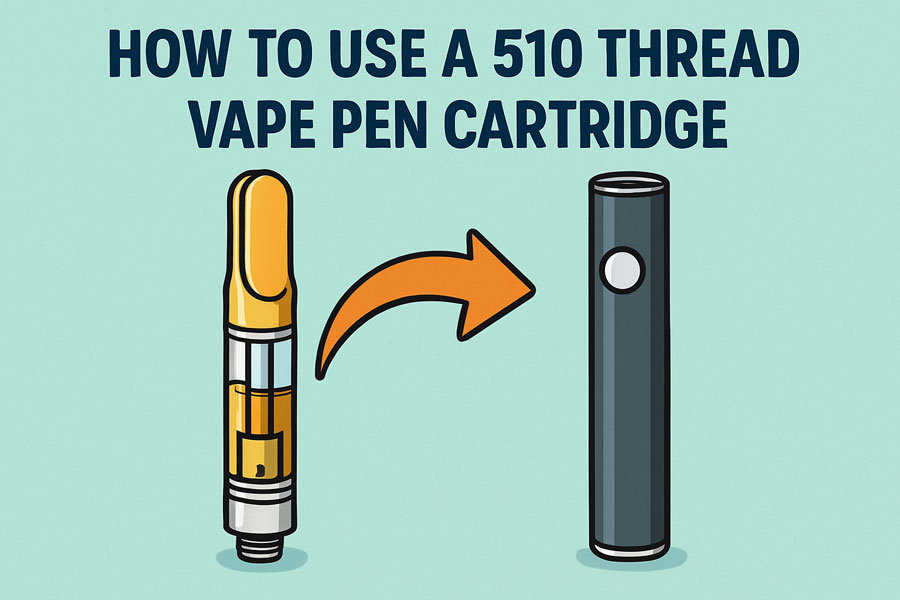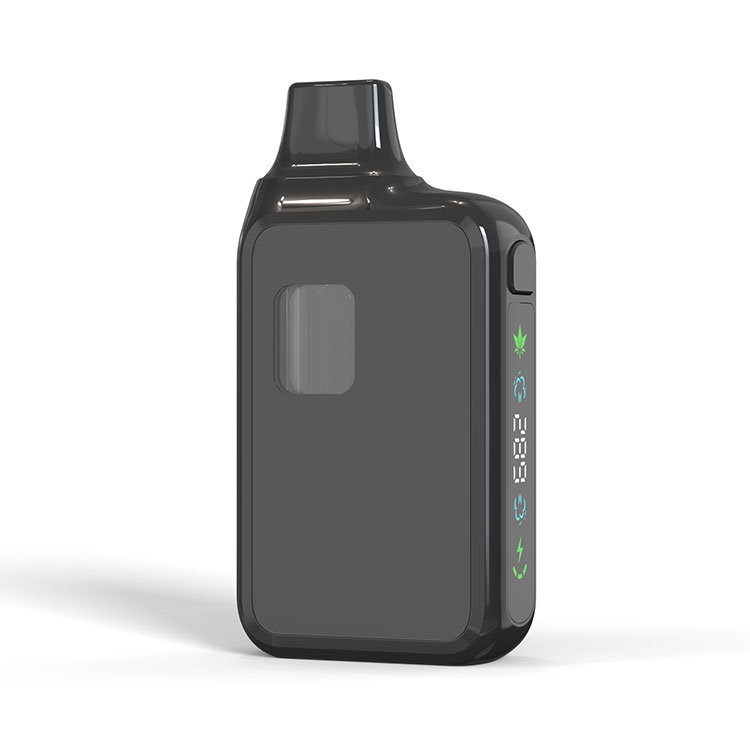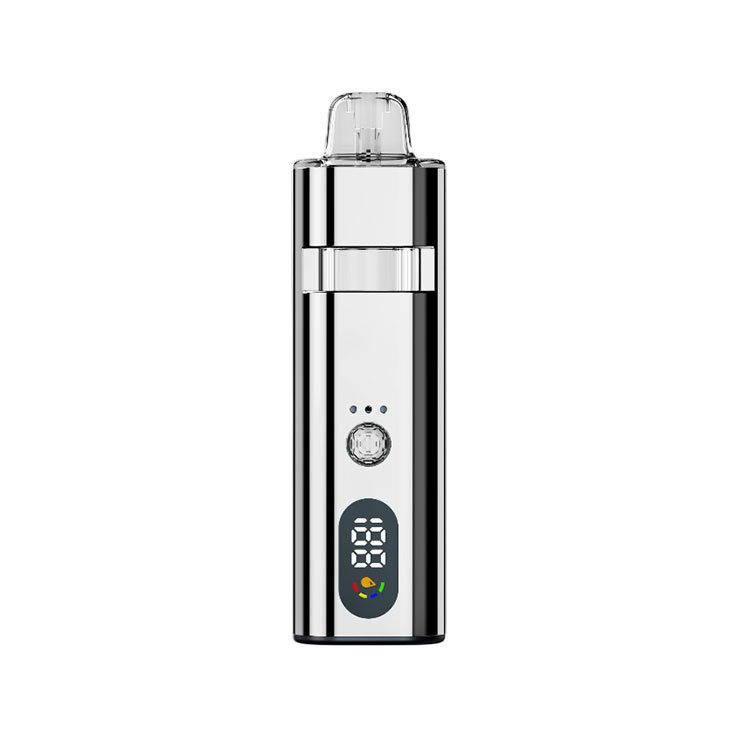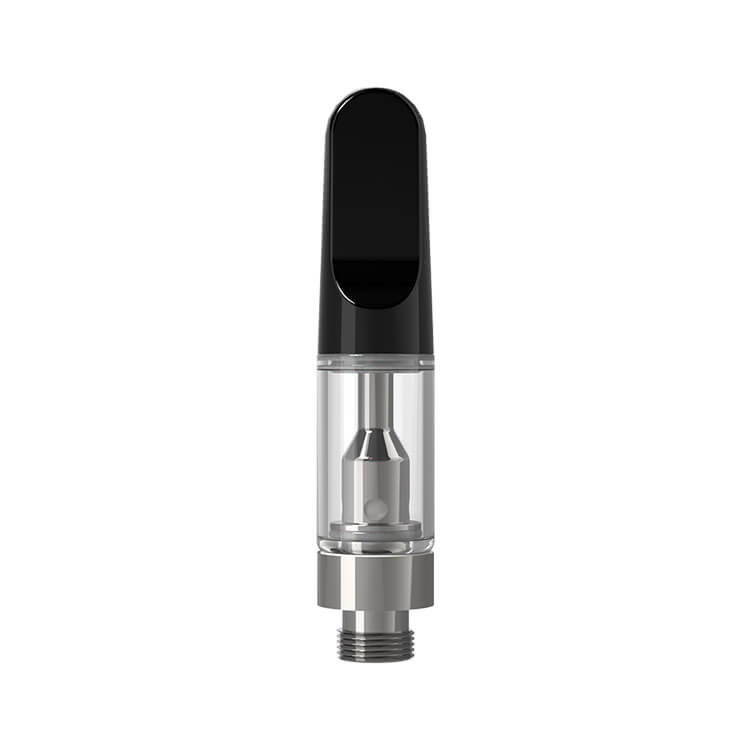The world of vaping is about to be turned on its head. Recently, a new amendment to the PACT Act has extended the definition of “cigarettes” to also include vapes and several of their components. This has many people talking about a vape ban. Vaping laws can be tricky. So, what does this mean for you, and what is the PACT Act law?
What is PACT?
The Prevent All Cigarette Trafficking Act, or PACT Act bill, was initially signed into law by Barack Obama in 2009. Its purpose was to amend the Jenkins Act of 1949, which regulates the shipment of cigarettes.
The Jenkins Act demanded that all cigarette and tobacco shipment sales be reported to tax administrators in an effort to clamp down on tax avoidance. However, when PACT amended the Jenkins Act it created even stricter mandates. PACT was amended on December 27, 2020. The Act was created to regulate the shipment of cigarettes and smokeless tobacco. The 2020 amendment was updated to include “Electronic Nicotine Delivery Systems” or ENDS. This includes empty or filled products.
ENDS are defined as “Any electronic device that through an aerosolized solution delivers nicotine, flavor, or any other substance to the user inhaling from the device.”
That includes:
- E-cigarettes
- E-hookah
- E-cigars
- Vape pens
- Advanced refillable personal vaporizers
- Electronic pipes
- Vape batteries
- Mouthpieces
- Atomizers
Relationship between the PACT Act Law &The FDA
It’s important to note that around the same time the PACT law was pushed through, the FDA gained the power to regulate tobacco products with the Tobacco Control Act.
Together, PACT and the Tobacco Control Act essentially created a web of regulations aimed at cracking down on the online sales of cigarettes and tobacco products. The FDA vaping battle is the next step.
The 2021 PACT Amendment
There are several factors that a business needs to consider in order to be PACT Act compliant. PACT prohibited the U.S. Postal Service from delivering cigarettes and smokeless tobacco products to consumers. The regulation did allow business-to-business deliveries, as long as both businesses were fully compliant with all other tobacco sale regulations.
The PACT law also required all distributors of cigarettes and smokeless tobacco to register with the ATF, the US Attorney General, and tobacco tax administrators in the states where sales or advertisements were taking place.
And that’s not all. The PACT Act required all cigarette and smokeless tobacco shipments to be labeled as “containing tobacco.” Also, distributors and retailers were mandated to verify the identity and age of the customer at both the point of sale and the point of delivery. Only shipping services that take signatures at delivery, and check government forms of ID, could be used.
A record of the delivery, the customer’s full name, and age must be kept for four years. If a delivery failed due to an inability to verify age, that must be logged as well. This is just the core of the PACT Act. Of course, several other lesser requirements were also tied up into the bill.
How the PACT affects Vaping activities?
This question is critical. The federal PACT Act is now in charge of regulating vape delivery. In December 2020, the US Congress passed a substantial COVID-19 relief bill signed by former President Donald Trump. Many people couldn’t forget this bill because they were paid $600 along with it. However, an amendment to PACT was hidden within those 5,000 plus pages of the bill.
Because of the amended PACT’s several mailing vape restrictions, many people named it the vape ban or the vape delivery ban. However, the official name of the new amendment is The Preventing Online Sales of E-Cigarettes to Children Act. Like the PACT ACT modified by the Jenkins ACT, this new revision aims to strengthen the regulation around the sales of cigarettes and smokeless tobacco.
The two things The Preventing Online Sales of E-Cigarettes to Children Act does are:
- Categorizing ENS, Electronic Nicotine Delivery Systems, as cigarettes
- Authorizing every business selling ENDS to be PACT compliant.
When Does the Amendment Take Effect?
The Preventing Online Sales of E-Cigarettes to Children Act became law at the end of 2020. Wholesalers, distributors, and retailers must be PACT Act compliant within 90 days of the law passing, or March 26, 2021.
On the other hand, shipping services have 120 days to enact their bans, which gives them until the end of April.For distributors and retailers to be PACT compliant, they must:
- Register with the US Attorney General and the tax administrators in any state the product is sold.
- Implement a third-party identity and age verification system for sales.
- Verify the customer’s age at the point of delivery.
- Adhere to local tax laws where the product is sold.
- Create a log of all transactions based on the name, age, and address of the customer and the person who delivers the ENDS.
- This log must also record the quantity and brand of the product purchased.
- Keep a log of failed delivery attempts due to a lack of age identification for five years.
- The ATF can audit these logs at any time.
How will this impact our customers?
Now that ENDS are classified as cigarettes, shipping services must treat them as such. Mailing vape cartridges is largely going to be a thing of the past for consumers. The USPS will stop the shipment of all ENDS. FedEx, UPS, and many other private shipment services are following the USPS’ lead as well.
For the most part, consumers will no longer be able to order ENDS products directly to their homes, starting in April 2021. The USPS has until the last week of April to enact their ENDS ban, however, FedEx has already instituted theirs.
UPS has stated that they will stop shipping ENDS products on April 5th, 2021. DHL already stopped shipping vape products before the PACT Act was amended.
There are several other private shipment companies that are willing to get involved, however, the PACT Act’s mandates for age verification, logging, and more make it difficult to be compliant with the new amendment.
Will the PACT Act Law Affect Shipping Costs?
Yes, definitely! Although consumers and businesses won’t be able to use USPS, UPS, FedEx, or DHL, there is another way. There are a few private delivery services that are willing to jump through all the hoops possible to meet PACT Act compliance in every way.
An example of this is private freight shipping. Adhering to PACT Act laws will be more expensive, but wholesaling makes the entire process worthwhile for the businesses involved. Some private freight shipment companies are finding ways to get these deliveries done. However, it would be very expensive for a consumer to order a pallet’s worth of vapes, or one vape strapped to an enormous pallet. Ordering pallets make more sense for businesses.
For now, consumers must face the bitter truth: you will not be able to get your hands on vapes through the mail, and businesses in your area may stop selling vaporizers in their stores due to price hikes connected to growing vape delivery costs.
What Happens Next?
Dear valued customers, we know these changes may negatively affect your business, and we are doing everything in our power to alleviate any disruption to your shipments and overall business. Our staff has been working night and day with all shipping carriers, trucking companies, and counterparties to find solutions to the shipping bans to ensure product continues to arrive at your place of business. Therefore, to save shipping costs, we advise you to order vape cartridges over 10k. This will allow you to buy your business some time while shipping carriers figure out a better solution.

